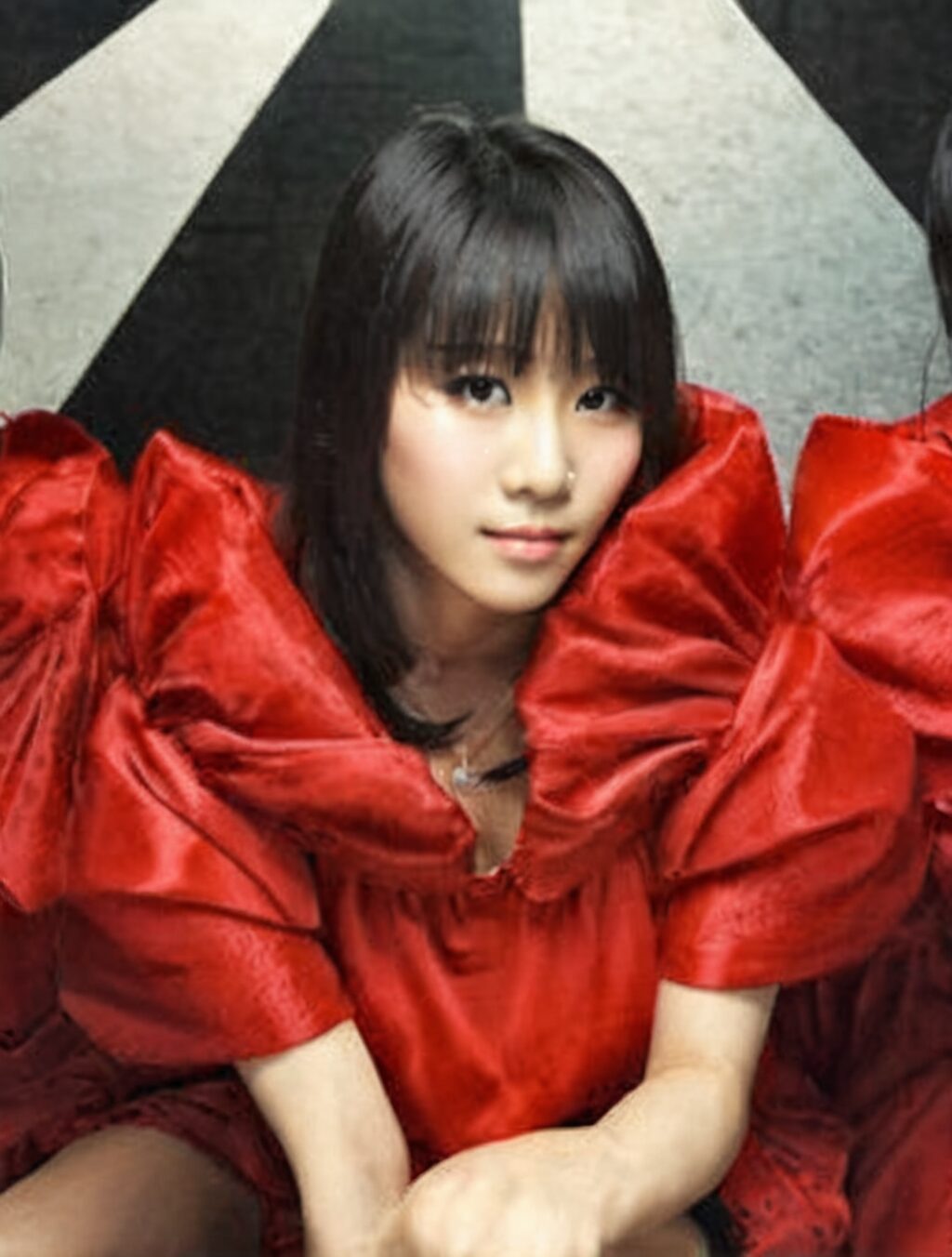Japanese Idols: Age and Career Trajectory
Discover the intriguing world of Japanese idols, exploring their age ranges, career paths, and the unique factors that shape their popularity and influence.
Win a Free Trip to Japan!
Experience cherry blossoms and ancient temples
Blog Post Description:
Prepare to dive into the captivating realm of Japanese idols! In this comprehensive guide, we’ll uncover the intricacies of their age and career trajectory.
- The Youthful Charm: Japanese idols typically debut at a young age, often in their early teens or pre-teens. This youthful appeal adds to their endearing image and fosters a sense of closeness with their fans.
-
The Age Spectrum: While the majority of idols start their careers young, there’s no strict age limit. Some idols continue to perform well into their 30s and 40s, demonstrating the diverse nature of the industry.
-
Training and Preparation: Before stepping onto the stage, idols undergo rigorous training that includes singing, dancing, and media appearances. This intense preparation equips them with the skills and confidence to captivate audiences.
-
Career Longevity: The lifespan of an idol’s career varies depending on factors such as popularity, personal choices, and the constantly evolving entertainment landscape. Some idols maintain successful careers for years, while others may transition to different roles in the industry.
-
Cultural Impact: Japanese idols are not merely entertainers; they often serve as role models and fashion icons. Their youthful energy, positive attitudes, and approachable personalities resonate deeply with Japanese society and beyond.
FAQs:
- Why are Japanese idols so young? To appeal to a wide audience and foster a sense of closeness with fans.
- How long do idols usually perform? The lifespan of an idol’s career varies, but some continue to perform for decades.
- What happens after an idol’s career ends? Many transition to other roles in the entertainment industry or pursue personal endeavors.
The world of Japanese idols is a fascinating blend of youth, talent, and cultural significance. Their unique age and career trajectory continue to captivate audiences, solidifying their status as iconic figures in Japanese popular culture.
how old are idols in japan
